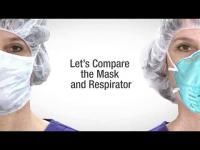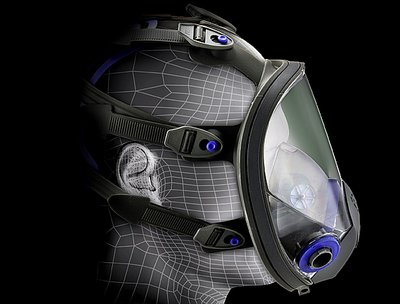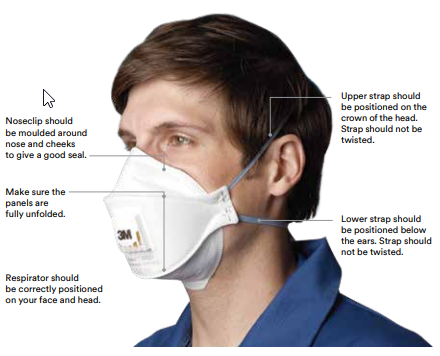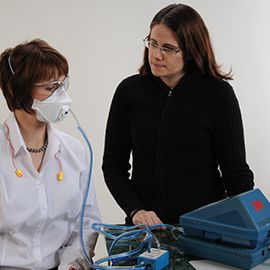Comfort Masks:
- Are not designed to protect your lungs from airborne hazards.
- Do not have the word NIOSH and the approval type (i.e. N95/P2) printed on the product.
- Are not cleared by the FDA for use as a surgical mask.
- Have not been tested to any government performance standards for filtration.
- Usually have only 1 head strap.
- Do not fit tightly to the face - there might be gaps around the edges.
Key Differences Between Respirators and Masks







 Importance Of Fit
Importance Of Fit